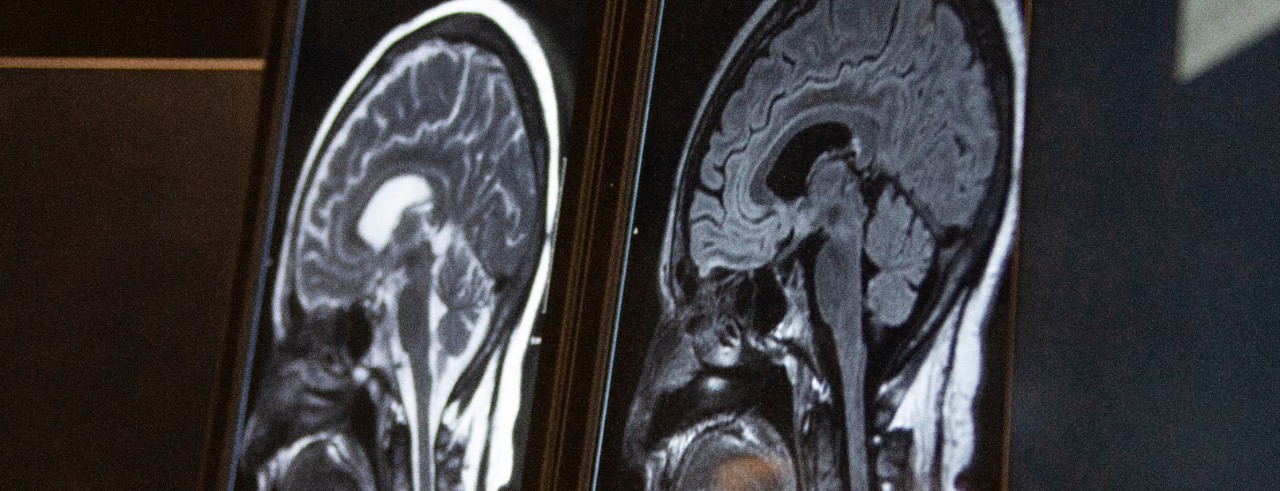
Reuters Health: Stroke treatment effective for patients with disability, dementia
The American Heart Association and American Stroke Association have published new guidance stating people with a disability or dementia who experience a stroke should receive appropriate treatment, which could allow for a return to prestroke levels of function.
The researchers explained that subgroups of patients, such as those with pre-existing disability, were not included in early trials that helped develop endovascular thrombectomy (EVT), or the removal of a blood clot using imaging guidance, as a standard of care for stroke treatment. However, new data shows comparable safety to perform EVT on patients with dementia or disability.
Stacie Demel, DO, PhD, assistant professor of clinical neurology and rehabilitation medicine in the University of Cincinnati College of Medicine and a UC Health physician at the UC Gardner Neuroscience Institute, commented on the statement for Reuters Health.
"Prior to referring a patient for EVT, an understanding of a patient's baseline functional status plays a central role in the decision regarding taking a patient for (the) procedure," Demel said. "Blindly excluding patients with physical disability or dementia will result in inequitable stroke treatment across populations. However, in lieu of strong evidence to either treat or defer treatment, it is the obligation of the treating physician to be cognizant of bias and to engage and educate the patient and/or the family in decision making."
Read the Reuters Health article.
Featured photo at top of MRI brain scan. Photo/Ravenna Rutledge/University of Cincinnati.
Related Stories
Should voters have more say in Ohio's Legislature?
December 19, 2024
UC Professor David Niven talks to WVXU about gerrymandering in Ohio.
What happens when you give co-op students 90 minutes to make a...
December 19, 2024
UC DAAP students on co-op at the Rockwell Group, an architecture firm in Manhattan, are featured in a Wall Street Journal article about the firm's gingerbread house competition. Check out their gingerbread replica of UC's Crosley Tower.
UC study examines delivery timing in mothers with chronic...
December 19, 2024
In a study recently published in the journal O&G Open, University of Cincinnati College of Medicine physician researchers found 39 weeks of gestation is optimal for delivery in mothers with chronic hypertension.
